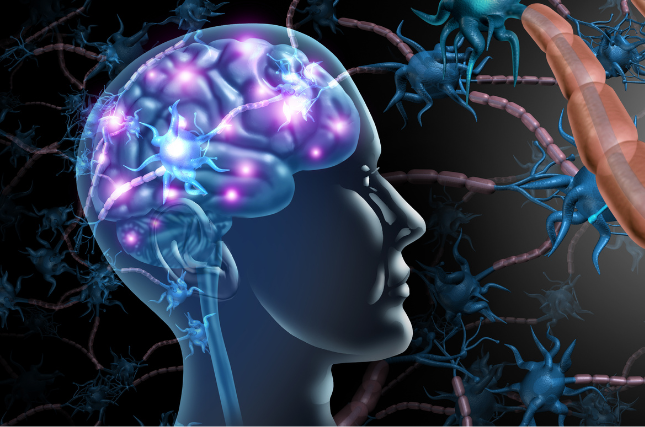
January 5, 2024 — A pioneering study by Hebrew University of Jerusalem researchers uncovers the intricate relationship between inhibitory control (IC), mood fluctuations, and psychological resilience, also known as the ability to adapt to adversity.
The study, published in Nature Scientific Reports, indicates that psychological resilience plays a pivotal role as a moderator between momentary inhibitory control and mood dynamics. Inhibitory control, also known as response inhibition, involves the ability to think before reacting by controlling our automatic urges (attention, behavior, thoughts, and emotions).
“This research is the first of its kind to investigate daily variations in IC performance concerning resilience,” says Prof. Nor Nahum of the Hebrew University School of Occupational Therapy, Faculty of Medicine. “It shows that the association between IC and mood is distinctly influenced by an individual’s baseline resilience levels, offering profound insights into resilient behavior in everyday life and novel understanding into resilience mechanisms.”
The study was conducted in a unique field setting with 144 female and male soldiers during basic combat training in Israel. Participants used a smartphone app to report their momentary emotional state alongside short inhibitory control assessments twice daily following baseline measurements.
The researchers uncovered a significant correlation: heightened IC performance was directly linked to an improved mood. However, this positive influence on momentary mood was exclusively observed among individuals who initially reported higher psychological resilience levels.
“These findings significantly bolster cognitive control models of resilience, which, to our knowledge, were only tested in lab settings,” says Prof. Gilboa, also of the Hebrew University School of Occupational Therapy. “Here, we tested them repeatedly in field settings. Understanding how psychological resilience intertwines with cognitive processes in daily life can reshape our comprehension of resilient behavior, offering potential pathways for real-life applications from mental health interventions to stress management strategies.”
# # #
The research paper titled “Inhibitory Control and Mood in Relation to Psychological Resilience: An Ecological Momentary Assessment Study” is now available in Scientific Reports and can be accessed at https://www.nature.com/articles/s41598-023-40242-1
Researchers
Mor Nahum1, Rachel‑Tzofia Sinvani1, Anat Afek1, Rina Ben Avraham1, Joshua T. Jordan2, Mattan S. Ben Shachar, Ariel Ben Yehuda4,5, Noa Berezin Cohen4, Alex Davidov6 & Yafit Gilboa1
Institutions
1) Faculty of Medicine, School of Occupational Therapy, The Hebrew University of Jerusalem
2) Department of Psychology, Dominican University of California, San Rafael, CA
3) Department of Health and Well-Being, Medical Corps, Israel Defense Forces (IDF)
4) “Shalvata” Mental Health Center, “Clalit” Health Services, Hod-Hasharon, Israel
5) Mental Health Section, Medical Services Center, Israel Defense Forces (IDF)



